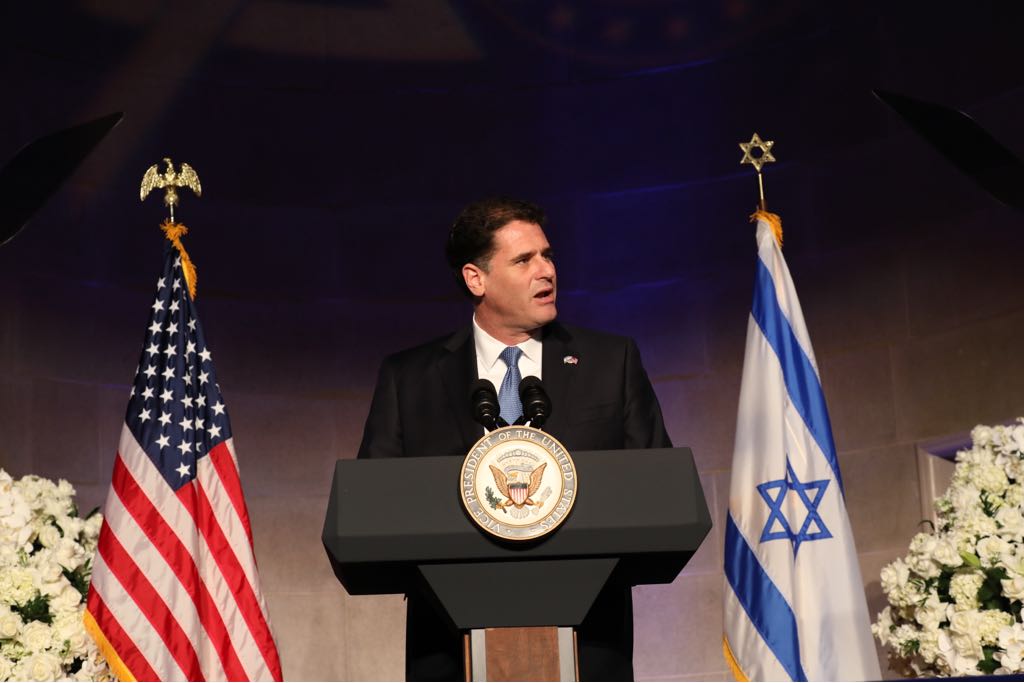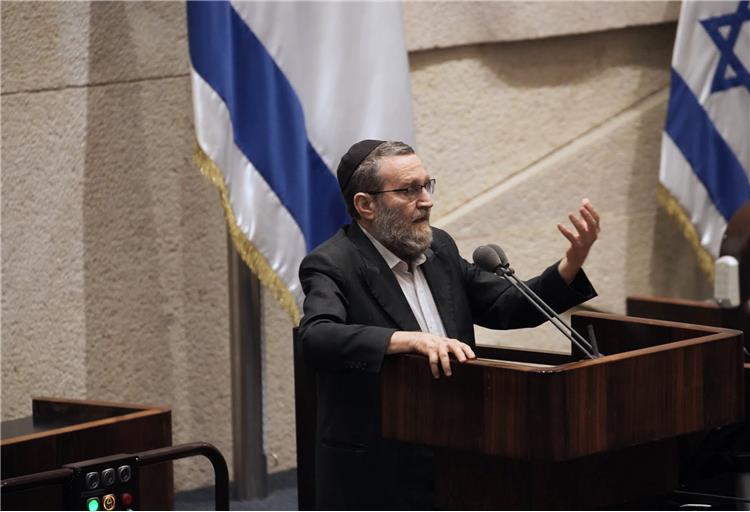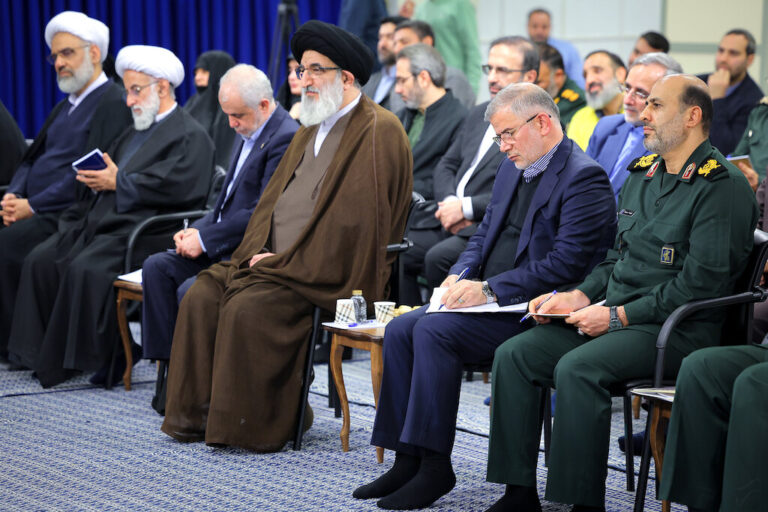He’s rarely in the spotlight, but few played as crucial a role in Israel’s war against Iran—and in convincing the United States to join it—as Strategic Affairs Minister Ron Dermer.
I discussed his role in my Shabbat column for Yedioth Ahronoth, an excerpt of which is below.
***
An extremely rare guest appeared at the Knesset late Wednesday evening, the night before the strike on Iran. Strategic Affairs Minister Ron Dermer hadn’t visited Israel’s parliament in six months, yet he made the short trip from his office, realizing belatedly that everything he’d worked for was on the verge of collapse due to a handful of ultra-Orthodox leaders. If parliament had voted to dissolve itself, it’s unlikely the strike would have taken place the next day. It would have appeared political, and Trump would have seen Netanyahu as a lame duck.
“I said what I could to who I could,” Dermer summarized his lobbying effort succinctly. It worked.
Just 24 hours later, dozens of meters underground, somewhere in the Jerusalem hills, the minister responsible for American affairs spoke moments before the decisive vote. “In every generation, they rise up to destroy us,” Dermer began, referencing a classic Jewish text. “Today, it is the Iranians who seek our destruction. I’ve spent 25 years working to prevent exactly this.”
He was referring to the mission that began in 2000, when Dermer, then a young private citizen, first met Benjamin Netanyahu, a worried private citizen himself, and discussed the Iranian threat. The current chapter started shortly after the recent U.S. elections, at Mar-a-Lago, when Dermer flew in to meet President-elect Trump. “If you strike Iran,” he argued, “you will experience the opposite of what Biden faced after Afghanistan. Biden’s hurried withdrawal weakened America, emboldening Putin to invade Ukraine and Hamas to attack Israel. A decisive strike on Iran will strengthen you—and America.”
What makes America’s decision to drop the bombs even more remarkable is the isolationist direction the country has been heading in. After the First World War, America retreated into isolationism, only to be shaken out of it by the horrors of Pearl Harbor. But then, following the Iraq War, another era of American withdrawal began. Today, we stand in a moment analogous to the 1930s—just before a local “Hitler” acquires a nuclear bomb. Democrats have overwhelmingly opposed foreign intervention, and this reluctance has also started to gain traction within the Republican Party.
What’s so extraordinary about the U.S. bombing of Iran, therefore, is that this dramatic shift occurred without an American tragedy, such as Pearl Harbor, provoking it.
Dermer told Israel’s security cabinet this week that America’s action represents a tectonic shift, beneficial for years to come: the use of force doesn’t necessarily lead to disaster. Indeed, Iran may have just corrected Iraq’s legacy.
American bunker-buster bombs and Tomahawk missiles sealed off Iran’s nuclear facilities, burying its uranium deep underground. Now the United States must prevent the enriched materials from being smuggled out. Once again, Dermer will be there to see the job through.









